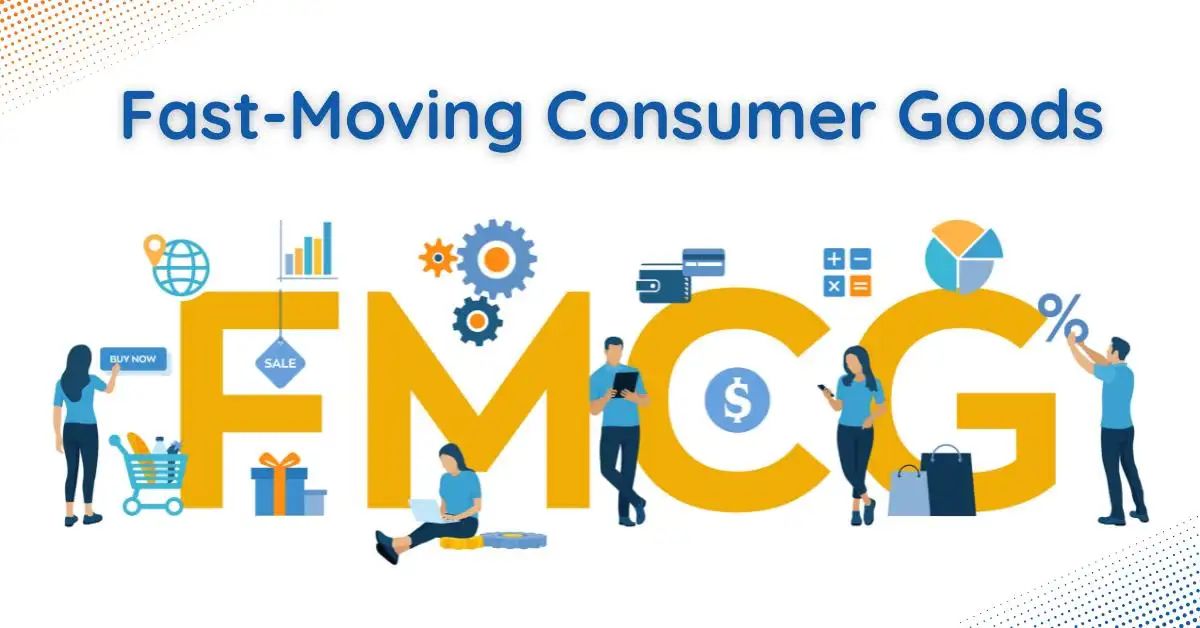Executive Summary
A leading FMCG brand successfully avoided a major reputation crisis by leveraging Social Listening tools. Shortly after launching a new beverage, the brand detected a rapid rise in negative sentiment tied to product quality issues. Through timely monitoring, rapid response, and transparent communication, the brand contained the situation before it escalated nationwide. This case highlights the critical role of Social Listening as an early warning system in crisis management within the FMCG industry.
Background
The FMCG industry operates at high speed, with consumer perceptions and conversations shifting rapidly across social media platforms. Negative news, if left unmanaged, can go viral within hours and severely damage brand equity. To mitigate such risks, many FMCG companies have integrated Social Listening systems to track brand mentions, analyze sentiment, and detect early signs of potential crises.
Challenge
In the first week of launching a new beverage product, the brand observed initially positive feedback. However, by the fifth day post-launch, the Social Listening system recorded:
-
A sharp increase in brand mentions on Twitter and Facebook.
-
A growing cluster of negative comments claiming the product had a “strange smell.”
-
Negative sentiment rising from 12% to 38% within 24 hours.
This presented a high risk of escalating into a viral crisis if not addressed promptly.
Solution
The Social Listening platform provided real-time alerts, allowing the brand to act immediately:
-
Crisis Monitoring
-
The alert system flagged the spike in negative mentions.
-
Geographic analysis identified the Southern region as the primary source.
-
A negative hashtag was detected, signaling potential nationwide spread.
-
-
Rapid Response Actions
-
Activated a cross-functional crisis response team to investigate the product quality issue.
-
Issued an official public statement via social media and press, acknowledging the concerns and committing to transparency.
-
Engaged directly with dissatisfied consumers, offering apologies and free product exchanges.
-
Temporarily suspended distribution of the suspected batch to prevent further impact.
-
Results
The proactive approach delivered measurable outcomes:
-
The negative hashtag was neutralized before gaining national traction.
-
Consumers praised the brand’s accountability and responsiveness.
-
Within two weeks, positive sentiment levels recovered, and overall brand trust remained intact.
Key Takeaways
-
Crises often start small: Early detection of minor complaints can prevent large-scale issues.
-
Social Listening = Early Warning System: Beyond monitoring, it enables real-time alerts and actionable insights.
-
Proactivity is essential in FMCG: Due to the speed of consumer conversations, rapid response is a survival strategy, not an option.


